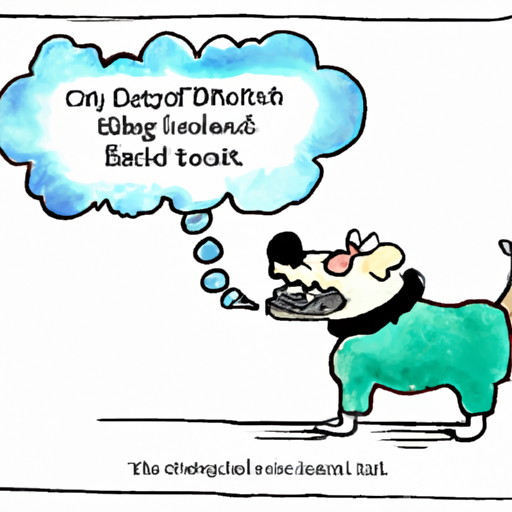Understanding Your Dog’s Breath
You love your dog, but let’s face it, their breath can sometimes be less than pleasant. While it’s easy to attribute this to their teeth, there are actually several other factors that could be causing your furry friend’s foul breath.
1. Dietary Causes
Just like with humans, what your dog eats can significantly impact their breath. For example:
- Low-Quality Dog Food: Cheaper dog foods often contain low-quality ingredients that can contribute to bad breath.
| High-Quality Ingredient | Low-Quality Ingredient |
|---|---|
| Whole meats | Meat meal |
| Brown rice | Corn |
| Vegetables | Animal by-product |
- Human Food: Some human foods, such as onions and garlic, not only cause bad breath but are also toxic to dogs.
2. Underlying Health Issues
Sometimes, bad breath can be a symptom of a more serious health issue. These can include:
- Gastrointestinal Issues: Problems with your dog’s stomach or intestines can result in bad breath.
- Kidney Disease: One of the symptoms of kidney disease in dogs is bad breath.
- Diabetes: If your dog’s breath smells sweet or fruity, it could be a sign of diabetes.
3. Lack of Proper Hygiene
Even if your dog’s teeth look clean, a lack of proper hygiene could still be causing their bad breath. Some causes could be:
- Infrequent Brushing: Dogs, like humans, need regular tooth brushing to remove plaque and bacteria.
- Lack of Dental Chews: Dental chews can help clean your dog’s teeth and freshen their breath.
4. Age-Related Factors
As dogs get older, they become more prone to bad breath. This can be due to a combination of declining health and a decrease in their ability to maintain oral hygiene.
5. Foreign Objects
Sometimes, dogs can get foreign objects stuck in their teeth or gums, causing bad breath. Common culprits include sticks, bones, or toys.
FAQ
Q: Can I use human toothpaste to brush my dog’s teeth?
A: No, many human toothpastes contain xylitol, which is toxic to dogs. Always use a toothpaste designed for dogs.
Q: How often should I brush my dog’s teeth?
A: Ideally, you should brush your dog’s teeth daily, but a minimum of three times a week is recommended.
Q: Are there certain foods I should avoid giving my dog?
A: Yes, foods like onions, garlic, chocolate, and grapes can be toxic to dogs and should be avoided.
Remember, while bad breath in dogs can be a nuisance, it can also be a sign of a more serious underlying issue. Always consult with your vet if you’re concerned about your dog’s breath.



